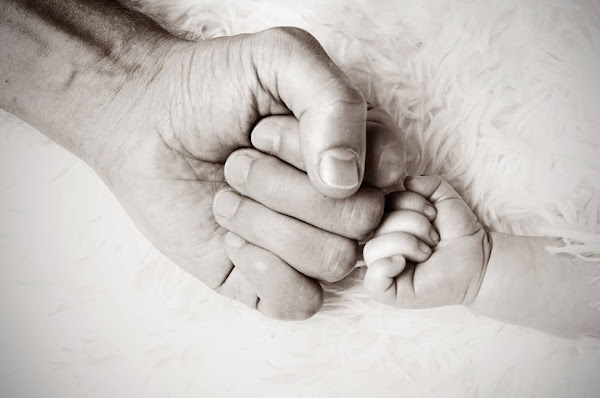How to Help Your Children Recover From a Traumatic Event: A Guide
We all want our children to live happy, carefree lives: free from pain, fear, or any traumatic experiences. Unfortunately, life can be unpredictable and events may occur that are beyond our control. These traumatic events can have a profound impact on children and leave them feeling scared, confused, and overwhelmed.
As parents, it is heartbreaking to see our children suffer in this way. But the good news is that with proper support and guidance, children have the ability to overcome these challenges and recover from even the most difficult of situations. If you're ready to learn more about supporting your child through a trauma-filled experience, keep reading!
Professional Help is Beneficial
For those who have survived childhood trauma, seeking professional help can be a significant step towards healing and recovery. Therapists and counselors who are trained in addressing childhood trauma can offer valuable assistance and guidance to individuals who may be struggling to cope with their past experiences. If you are looking to include Eye Movement Desensitization and Reprocessing (EMDR) therapy, click here to learn what it is and how it can help your child. In general, therapy sessions provide a safe and supportive environment for children to process their emotions, develop coping mechanisms, and learn healthy ways of dealing with traumatic memories.
Trauma Can Affect Anyone
It's a common misconception that only individuals with certain backgrounds or personalities are susceptible to trauma. The truth is that trauma can impact anyone, regardless of age, background, or level of strength. While adults may be more equipped to handle the effects of trauma, children are not immune to its impact.
Even a seemingly minor event, such as witnessing a car accident or experiencing a natural disaster, can be traumatic for children. Recognize that every child will react differently to trauma and it's important not to dismiss their emotions or experiences.
Signs May Vary
No two children react the same, and it can be challenging to identify the signs of trauma that they may be exhibiting. Some children may become quieter and more withdrawn while others may appear more aggressive and anxious. As parents, caregivers, or teachers, we must pay attention to the changes in behavior and try to determine what might be happening underneath. You should always provide support and ensure that the child has access to mental health services if needed. Know that it is normal for children to exhibit a range of emotions after experiencing trauma and that these feelings can come and go.
Immediate Response Matters
In moments of crisis, it's essential to provide immediate support and safety to children. This can include seeking medical attention if necessary, providing a calm and reassuring presence, and ensuring their basic needs are met. Don't forget to validate their feelings and let them know that what they're experiencing is understandable.
It may be tempting to try and shield children from the harsh realities of the world but remember that open and honest communication is key. If a traumatic event occurs, it's essential to have age-appropriate discussions with children about what happened and address any questions or concerns they may have.
Healing Takes Time
Recovery from trauma is a gradual process that takes time, and sometimes it can feel like an uphill battle. There are no shortcuts to healing, and it's important not to pressure children into "getting over" their experiences. Instead, focus on creating a supportive and safe environment for them to process their emotions at their own pace.
Healing does not necessarily mean forgetting or erasing the traumatic event from memory. It means learning to cope and move forward in a healthy way — and this can look different for every child. Of course, it's natural to want our children to bounce back quickly but remember that healing is a journey and not a destination.
Open Communication is Crucial
Open communication forms the backbone of the recovery process from trauma. Encourage your child to express their thoughts and emotions openly without fear of judgment or dismissal. This might involve setting aside quiet time each day for them to talk about anything on their mind or incorporating creative activities like drawing or writing as alternative forms of expression.
The goal is to make it known that you're available and willing to listen whenever they're ready. Providing this secure outlet for emotional expression can significantly aid in their healing process, helping them feel understood and supported through their recovery journey.
Helping your child recover from a traumatic event is a delicate process that requires patience, understanding, and unwavering support. Remember, each child's path to healing is unique, and what works for one may not work for another. By maintaining open lines of communication, providing a stable and comforting presence, and seeking professional help, when necessary, you can assist your child in navigating through their recovery. Healing takes time, and with your support, your child can start to rebuild their sense of normalcy and regain their strength.








No comments
Thank you for dropping by! I would love to hear what you thought. :)
Thanks!
♥,
Diana